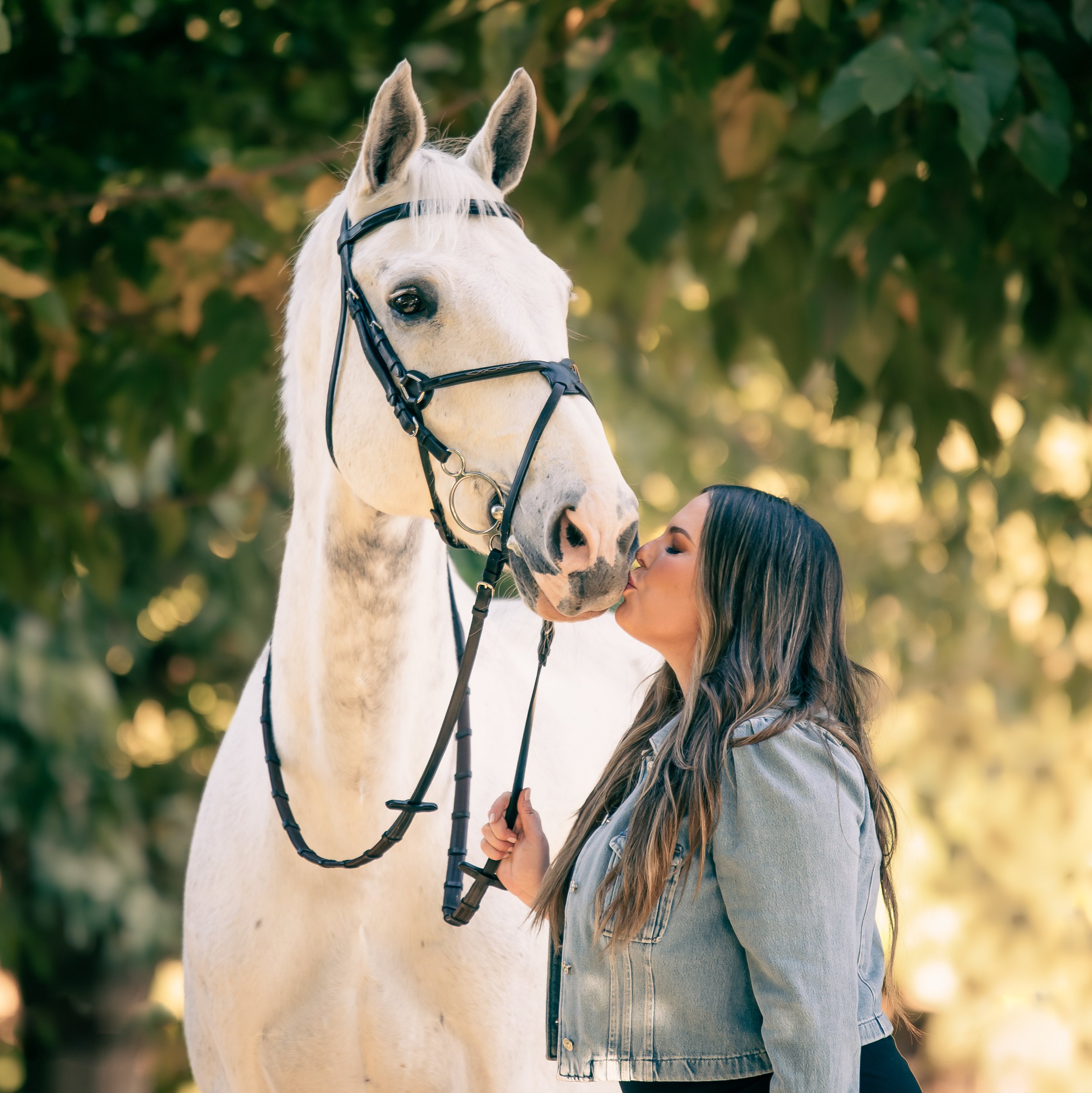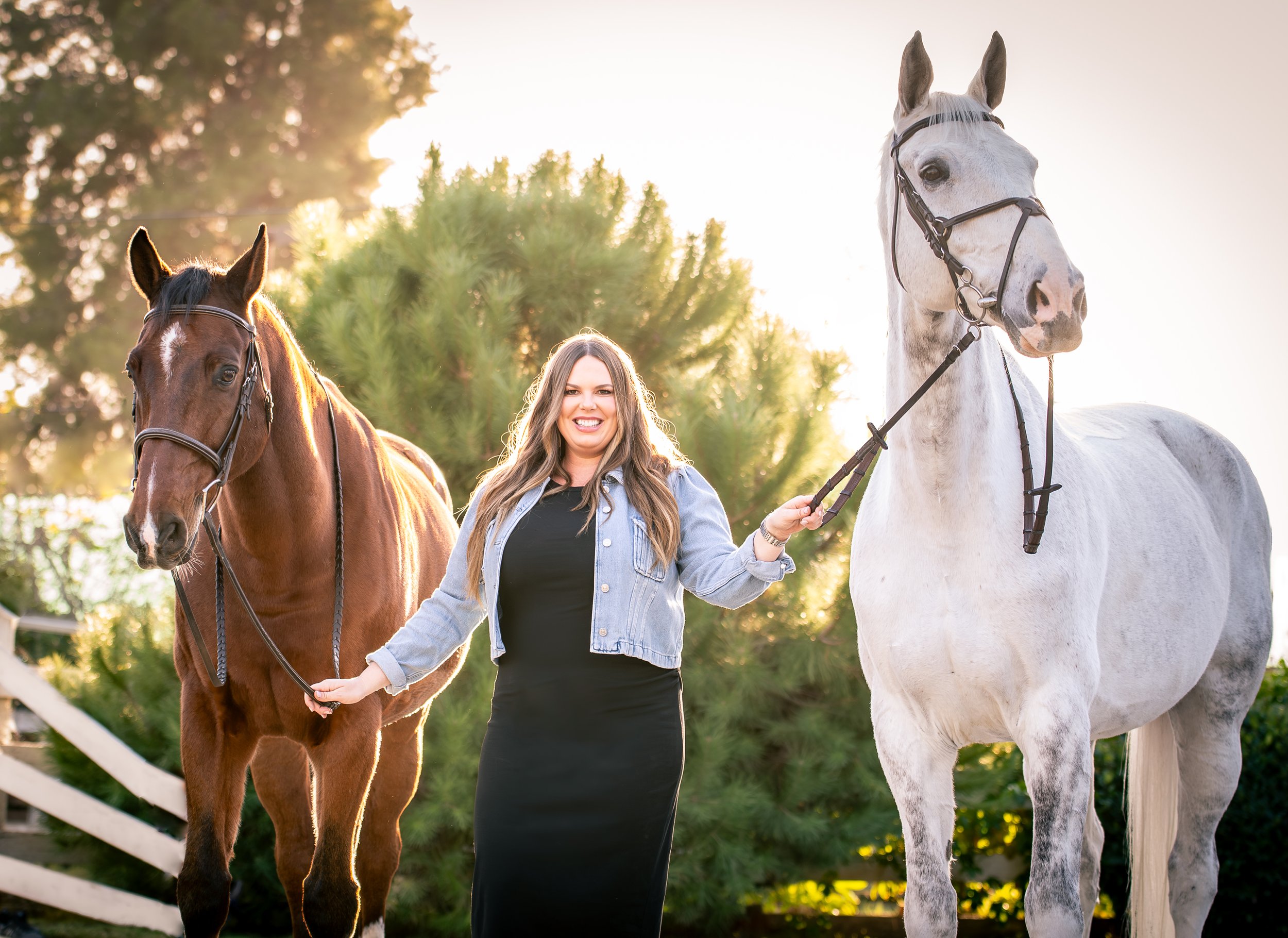About Lindsey Vorwith
San Diego-based realtor Lindsey Vorwith tells us about how she combined her love of horses with real estate, and how she’s become an expert at her craft.
What inspired you to specialize in equestrian real estate?
It happened very organically - I was already selling but it wasn’t until I started working with equestrians that it really became fun for me. I realized that there was a need in the market because most agents are not able to articulate or understand the value of equestrian properties.
What resources or tools do you utilize to assist clients in their search for equestrian properties?
The biggest tool is collaboration. Many equestrian properties don’t even hit the market because sellers face a huge risk of everyone leaving once they get wind of a possible sale. A lot of them sell off market and therefore, collaborating with other equestrian agents in your market is key.
Can you share any tips for sellers looking to market their equestrian property effectively?
First, who you work with matters. It is paramount to select an agent that understands equestrian properties. The harsh reality is that an agent that is not well versed in equestrian properties is not going to be able to achieve you the highest net. I’ve looked at so many equestrian properties that are poorly represented because the agent just doesn't understand horses. Second, your agent must be collaborating with other agents. You can have the best marketing material, videos, etc., but if your agent isn’t collaborating with other agents, they are doing you a disservice. Collaboration trumps competition.
Can you tell us about a memorable success story or unique property you have helped a client find?
One of my most memorable success stories was when I competed against three of the top agents in the area for a big listing. Not only did I get the listing but we sold the home in just 2 days for an insane over asking price.
What advice do you have for buyers who are considering purchasing an equestrian property for the first time?
Work with an equestrian specialist. Your aunt's cousin's uncle isn’t going to cut it (ie. everyone knows a realtor). Talk to other farm owners and understand how they are running their business. Are they doing dry stalls, what is working for them and what isn’t? Buying an equestrian property is complex. You have to understand the zoning then there is permitting, there are a lot of variances and no two properties are going to be the same. Every buyer has their own level of risk tolerance and knowing your risk tolerance is key to finding the right property. Something else that I think is crucial is understanding what the development possibilities are for the land around your parcel. For example, if trail access is important to you, are the trails maintained by the community or are they going through someone else's land? There are a lot of things to think about and understand when it comes to buying an equestrian property.






How did you become an equestrian?
Growing up my grandfather had horses. He was a polo player. From as long as I can remember I always wanted to be with the horses. When I was 9 my parents finally let me ride after years of begging. I rode in college but after that I decided to take a break. I swore I would never ride again but after 13 or so years off, I took a couple lessons and it reignited the passion. Now I am living my amateur dream.
Tell us about your horse?
My horse’s name is Born to Fly, or Compi for short. He is a 13 year old Holsteiner who is capable of jumping much bigger fences than I am. He is the best! He is a total love on the ground and he really takes care of me, he is my heart horse.





